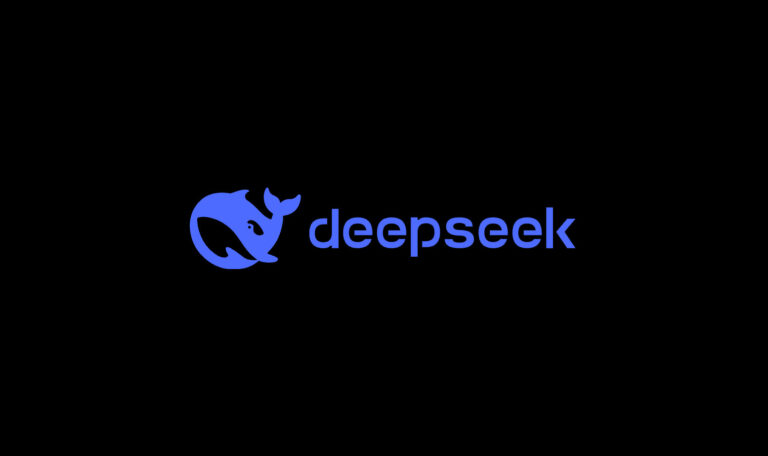
As a long-time loyalist of the search engine giant Google, I recently took a leap into uncharted territory by exploring the realms of Perplexity, an up-and-coming A.I.-powered search engine. Developed by former minds at OpenAI and Meta, Perplexity has been creating quite a buzz in the tech community, prompting me to venture beyond the comfort of my Google search bar.
During several weeks of extensive testing on both desktop and mobile platforms, I delved into the intricacies of both the free and paid versions of Perplexity. The paid version, Perplexity Pro, comes at a cost of $20 per month, offering enhanced A.I. capabilities and unique features, such as file uploads.
One standout feature of Perplexity is its departure from the conventional search engine interface. While the initial landing page may resemble Google’s simplicity, the moment you start typing, Perplexity’s distinctiveness becomes evident. Instead of presenting a list of links, Perplexity scours the web and utilizes A.I. to generate concise summaries of the information it finds. These responses are enriched with source links, creating a transparent trail back to the origins of the information.
The Copilot feature is a notable highlight, guiding users through the narrowing down of queries with clarifying questions. This proved particularly useful when seeking recommendations, such as for hosting a birthday party. The ability to search within specific sources, like academic papers or YouTube videos, provided a level of precision that traditional search engines often lack.
Powered by OpenAI’s GPT-3.5 and a proprietary A.I. model derived from Meta’s Llama 2, Perplexity offers users the option to choose from different models in the Pro version. I primarily used GPT-4 for my searches, noticing little difference in response quality when experimenting with alternate models.
Perplexity’s humility in admitting when it doesn’t possess the answer is refreshing. Unlike some A.I. chat products, it doesn’t hesitate to declare, “No further details are provided in the search results,” providing users with a clear understanding of the system’s limitations.
In my testing, Perplexity excelled in handling complex or open-ended queries, delivering insightful responses for tasks like summarizing news articles or offering restaurant suggestions. However, I found myself reverting to Google for specific searches, such as seeking information about known entities or accessing familiar websites.
While Perplexity’s accuracy in generating responses impressed me, it’s not without its flaws. Like many A.I.-based search engines, occasional inaccuracies surfaced in my tests, like providing details of a past tennis match when inquiring about Novak Djokovic’s upcoming game.
As I marveled at Perplexity’s capabilities, a looming concern emerged. The potential impact on the digital media industry raises questions about the future of online content consumption. With Perplexity efficiently summarizing information on its results page, the need to visit external websites diminishes, posing a threat to the current digital media economy. Publishers heavily reliant on clicks from search engines may face a challenging landscape as A.I. search engines evolve.
In conversation with Aravind Srinivas, Perplexity’s CEO, he acknowledged the concern but argued that the traffic retained by Perplexity would be of higher quality, offering better monetization opportunities for publishers. Skeptical of this claim, I share the worry that A.I.-powered search engines might reshape the landscape for content creators and consumers alike.
In conclusion, Perplexity is a compelling addition to the search engine arena, particularly excelling in nuanced and information-intensive queries. However, its potential impact on the digital media landscape is a double-edged sword, offering convenience to users while raising questions about the future sustainability of online content creation and consumption. As I continue to weigh the pros and cons, Perplexity stands as a promising contender in the evolving landscape of A.I.-driven search engines.


